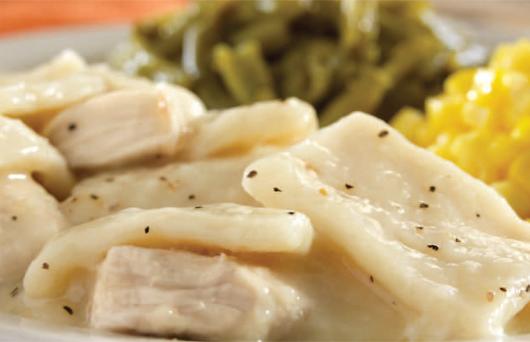While eating my way home from Florida this week, I found myself thinking about such phrases as "home-made" and "made from scratch" so common in restaurants. What exactly do they mean anyway?
The term "home-made" makes me want to ask, "In whose home was this made?" Of course, I realize it has come to mean "made right here, not somewhere else and shipped in, then warmed in a microwave," or something like that. But even then what does it mean? Were the ingredients shipped in, perhaps already seasoned, sealed in packages, which were then opened, mixed and cooked, baked or deep fried by some high school dropout in the kitchen? Or did trained cooks or chefs start and end the process themselves, using fresh meat, fruits, vegetables and other ingredients?
The latter is suggested by the phrase "made from scratch." The phrase supposedly originated from the practice of scratching a line in the dirt to signify where runners in a race should begin. "Made from scratch" certainly implies the food in question began with the raw ingredients, not with any kind of mix. In Georgia we stopped at a Cracker Barrel, a restaurant chain fond of this phrase. Yet the "made from scratch" biscuits, dumplings or whatever seem to taste the same at Cracker Barrels everywhere. How is this possible if everything is made from scratch by scores of different cooks in scores of different restaurants? Of course, "made from scratch" does not necessarily mean "home-made." Could dough have been made from scratch somewhere else, then baked at the local restaurant?
The next day, stopping for lunch at Boone Tavern in Berea, Ky., I encountered the phrase "house made roast beef" on the menu? Now what might that mean? Did they butcher their own cattle or just roast their own beef or make their own sandwiches?
I don't mean to imply anything sinister about restaurants that employ such phrases. I love Cracker Barrel and Boone Tavern, which is why we stop there repeatedly. My point is simply that these phrases are used because a) they are suggestive and b) they are ambiguous. They suggest a meal like Mom used to make, or in the case of Cracker Barrel, like Grandma used to make. Their ambiguity, however prevents their being pinned down by lawyers, allowing a number of possible interpretations. How customers interpret the phrases may not necessarily be how restaurant owners interpret them.

No comments:
Post a Comment